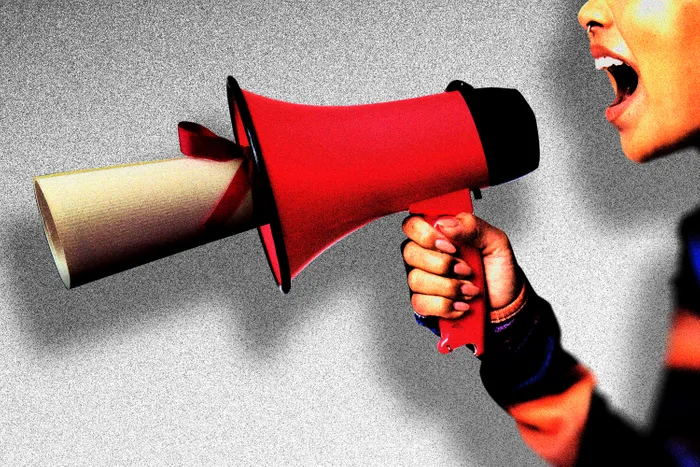NY Mag | June 10, 2022
Several nights ago, I shot up in my bed with a ringing in my ears and the queasy sense that the ceiling was getting closer and further away at the same time. I assumed I was having some kind of post-COVID neurological episode. Or maybe an acid flashback. It was neither. What I was in fact experiencing was a series of thoughts about “wokeness.” And now, dear reader, despite some reservations, I am going to share them with you. What can I say? Misery loves company.
Let’s get one thing out of the way: This discourse sucks. “Wokeness” may once have had a relatively stable meaning, signifying, among 20th-century Black radicals and artists, something like: “staying wise to the persistence and insidiousness of white supremacy in American life.” Now the term has been abused and stretched to a point of such ample unintelligibility that its mere appearance, in text or speech, reliably signals that an unclear or tendentious thought is about to be expressed — inducing, in me at least, a slack-jawed irritation that is phenomenologically not unlike having my ears boxed.
It doesn’t help that its most frequent invokers are so irritating. The pundits who inveigh against “wokeness” tend to fall into two categories. First, there are conservatives who oppose the goals of a more expansive liberatory agenda on principle, and for whom “wokeness” is a conveniently pre-stigmatized shibboleth with which to launder their underlying disdain for a more egalitarian social order. And second, there are the “popularists,” who believe the capture of liberal institutions by overtly left-wing communicators is bad for Democratic Party political outcomes. These latter pundits often conceal their disinterest in — if not disdain for — the goals of the insurgent left behind a plea for strategic unanimity and compromise.



